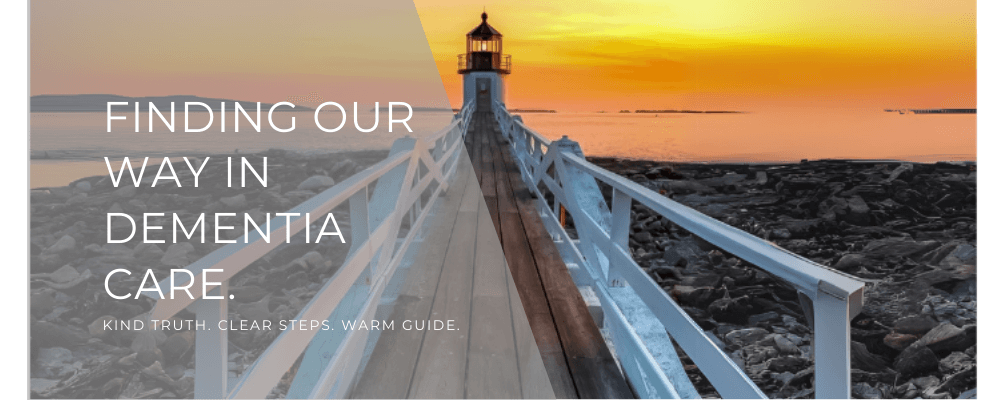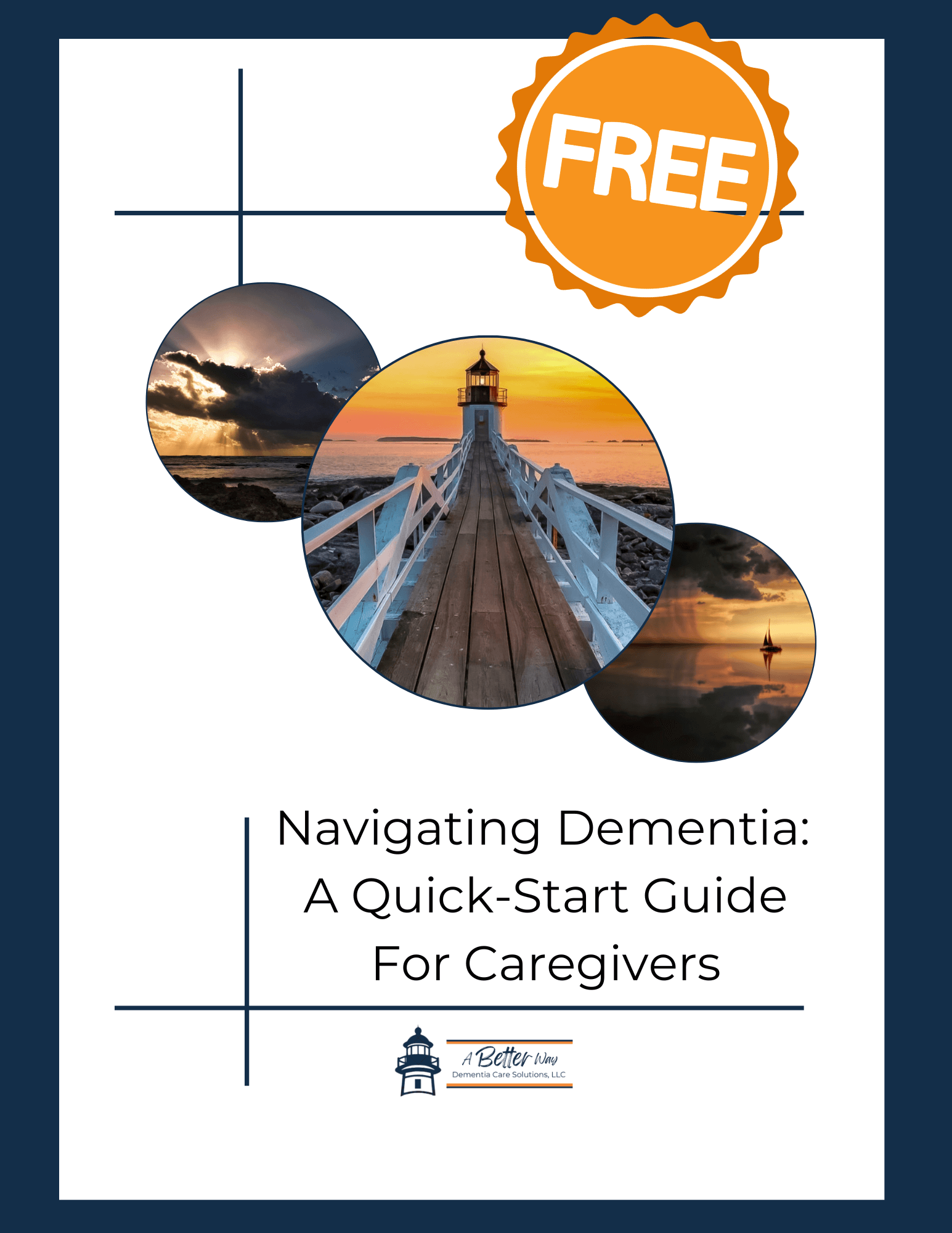
Dementia is a progressive condition characterized by physical changes in the brain that impact memory, thinking, language, and movement. Damage and death of neurons, as well as their communication disruption, lead to brain shrinkage and the classic symptoms associated with dementia. By understanding these changes, caregivers can better anticipate challenges and provide necessary support.
Different types of dementia, such as Alzheimer’s, vascular dementia, Lewy body dementia, and frontotemporal dementia, affect the brain in distinct ways. For instance, Alzheimer's disease involves plaques and tangles that block neuron communication, while vascular dementia results from reduced blood flow. Each type of dementia follows a predictable progression, starting with mild cognitive impairment and advancing to severe symptoms as more brain areas are affected.
For caregivers, understanding these brain changes is crucial for recognizing early warning signs, adapting communication techniques, and preparing for future challenges. While the brain changes caused by dementia are irreversible, early intervention and appropriate support can help slow symptom progression and improve quality of life. Resources, like coaching services and support groups, are invaluable for navigating the caregiving journey effectively.
Read more...
Understanding the distinction between dementia and Alzheimer’s is crucial for caregivers and can significantly influence care decisions and future planning. Dementia is an umbrella term encompassing a range of symptoms affecting memory and cognitive functions, caused by various underlying conditions, whereas Alzheimer’s disease is a specific, progressive brain disorder and the most common cause of dementia. Recognizing these differences aids in tailoring treatment and care strategies, ensuring that individuals receive the most appropriate support for their condition.
Dementia can manifest in several forms, including vascular dementia, Lewy body dementia, and frontotemporal dementia, each presenting unique challenges and symptoms. Alzheimer’s disease, characterized by the buildup of proteins like beta-amyloid plaques and tau tangles, leads to severe memory loss and cognitive decline over time. By understanding the specific type of dementia, caregivers can better anticipate the progression of the disease and prepare for the necessary adjustments in care.
Knowing the type of dementia is essential not only for treatment but also for accessing the right support systems, whether through targeted therapies, support groups, or specialized care. It empowers caregivers to advocate for comprehensive evaluations and additional testing if needed, ensuring the most accurate diagnosis and effective care plan. This knowledge fosters a more confident and compassionate approach to caregiving, reminding caregivers they are not alone in this journey.
Read more...
Dementia progresses in various stages, affecting memory, problem-solving abilities, and daily functionality. The Allen Cognitive Level Screen (ACLS) is a crucial tool used to evaluate cognitive function and determine the capabilities, struggles, and assistance needs of individuals living with dementia. Understanding the Allen Cognitive Levels (ACLs), which range from 0 (coma) to 6 (normal cognition), enables caregivers to tailor their care approach to align with the individual's cognitive abilities.
Each cognitive level corresponds to specific care requirements, ranging from full-time assistance in the most severe cases to promoting independence with reminders for those with mild cognitive impairment. For example, individuals at Level 1 may require total assistance and constant supervision, while those at Level 5 can manage most tasks independently but might need help with memory and judgment. These insights enable caregivers to structure daily routines, ensure safety, and provide hands-on assistance or step-by-step instructions based on the individual's needs.
By leveraging the Allen Cognitive Levels, caregivers can set realistic expectations, create supportive environments, and ensure that their loved ones receive compassionate, tailored care throughout the dementia journey. The ACLs guide caregivers in maintaining independence and dignity for individuals with dementia, helping to reduce anxiety and enhance overall well-being. Implementing structured routines, using visual cues, and adjusting safety measures can effectively aid in managing the challenges posed by dementia.
Read more...
Recognizing when it’s time for a person with dementia to stop driving is a significant challenge for caregivers. From signs like confusion on familiar routes to poor decision-making behind the wheel, knowing when and how to step in is crucial. In this guide, we break down the warning signs, offer strategies for difficult conversations, and provide alternative transportation options to maintain independence and safety.
Read more...
Dementia is not an immediate condition but develops over time, with early changes often mistaken for normal signs of aging. Recognizing these early indicators is crucial for caregivers as it allows for timely planning and intervention that could significantly improve the quality of life for those affected. Understanding and identifying persistent changes in memory, thinking, or behavior are key steps in addressing potential dementia.
Various signs, such as frequent memory loss that disrupts daily life, difficulty in finding words, and problems with planning and problem-solving, can suggest early dementia. Other indicators include confusion with time or place, misplacing items, poor judgment, withdrawal from social activities, mood changes, trouble with familiar tasks, and shifts in vision and spatial awareness. As a caregiver, acknowledging these signs is the first step toward seeking medical advice and planning for the future.
If you observe these changes, it's important to take concrete actions such as scheduling a doctor's visit for an early evaluation, keeping a detailed symptom journal, and having supportive conversations about the changes noticed. Planning for the future is also essential, involving discussions around legal documents, financial plans, and care preferences. By taking these proactive steps, caregivers can better manage symptoms and ensure that the people they care for receive the necessary support and resources.
Read more...


